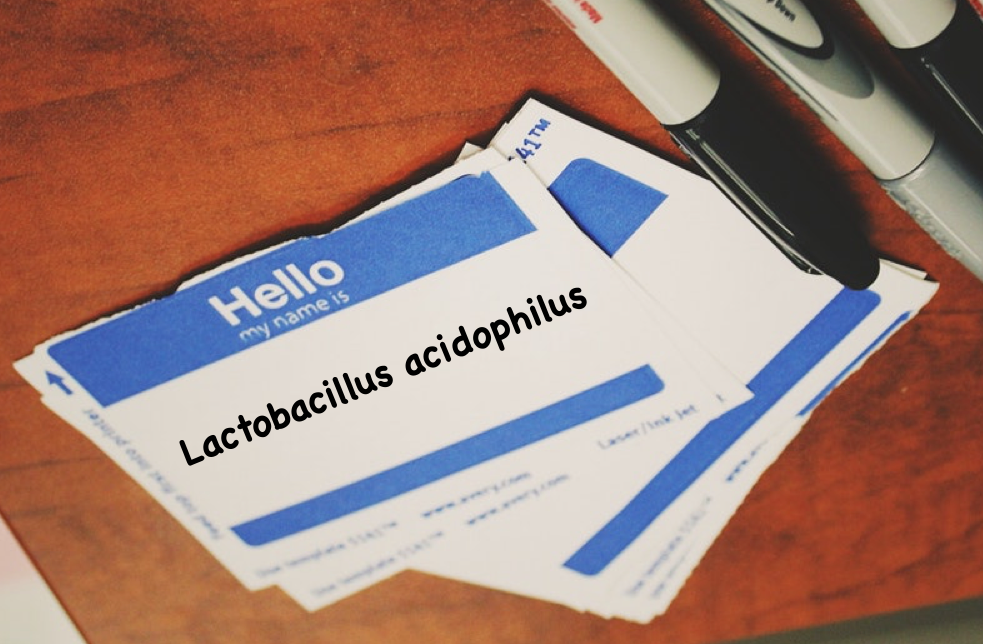-
Language Development in Deaf Children: What You Should Know

This article is authored by Rachel Storer with the mentorship of Sarah M. Tashjian and is a part of the 2018 pre-graduate spotlight week. It wasn’t until 1960 that linguists began to consider sign language a language separate from spoken language (Stokoe, 1960). Many linguists believed that sign language was a signed version of the…
-
Introducing the Pre-Graduate Spotlight Series!

Last year, Psychology in Action celebrated it’s 10 year anniversary here at UCLA! Over the years, we have published hundreds of blog posts, hosted numerous of science communication events, and have continued to provide UCLA psychology graduate students the opportunity to disseminate our research to the community. This spring, a select group of PIA graduate…
-
MythBusters: Autism is social aversion

Myth: Autism is characterized by social aversion or social avoidance
-
Sensory Sensitivity and Autism
Have you seen the billboards by Autism Speaks? “Sensory sensitivity is a sign of autism”. As an autism researcher, I think it’s absolutely wonderful to increase awareness of the symptom profile of individuals with autism spectrum disorder (ASD). So often the greatest emphasis is placed on difficulties within the social domain, and many media portrayals…
-
Scaling the implementation cliff: strategies for increasing the effectiveness of evidence-based interventions in community settings

Behavioral health interventions yield much stronger outcomes in controlled research settings, as compared to the community settings in which they are most often applied. Adjustments in the training and development of community providers may help to address this gap.
-
Hi Baby, What are you Looking at?

Babies are so much more capable than we give them credit for. The analogy that young children’s minds are like sponges overlooks the active role infants play in their development. But what tools are at their disposal that facilitates this active participation? Long before infants can walk or talk, they use vision as a key…
-
Hello My Name is L. acidophilus

Did you ever make a decision based on gut feelings? See, you’ve been experiencing the gut-brain connection this entire time!


